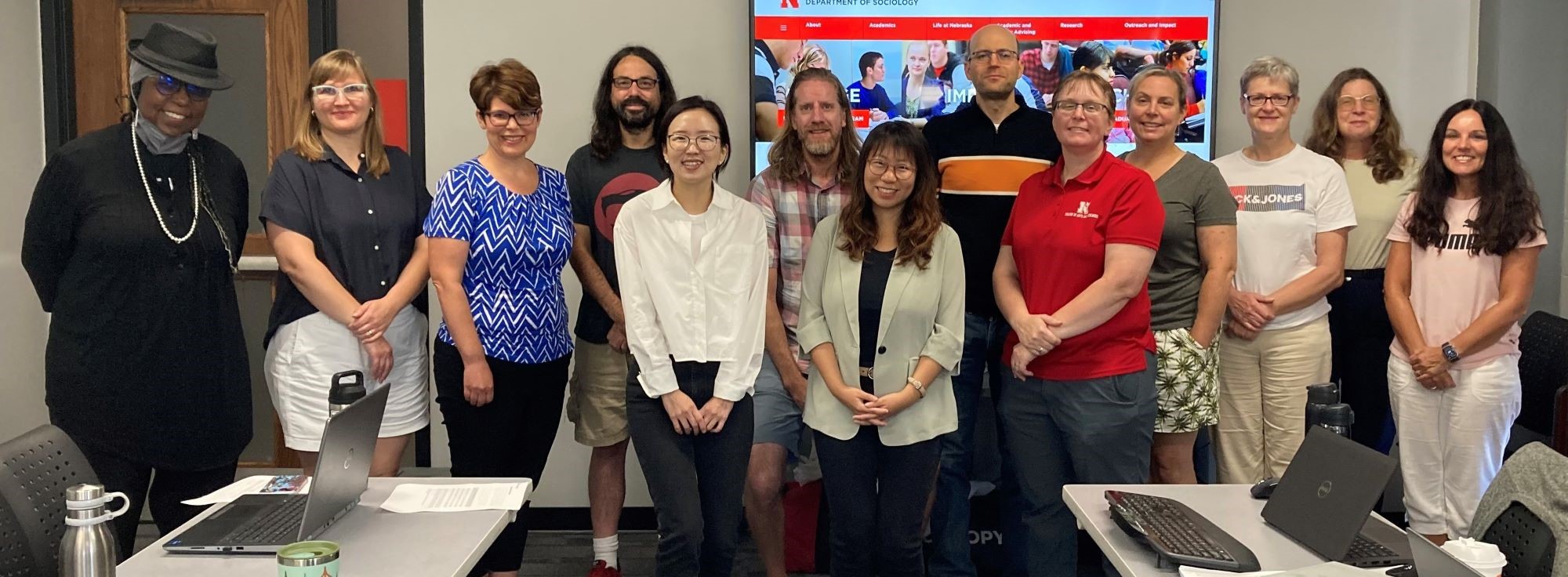Content
About

Our department was founded in 1889, and our faculty and students continue to lead social science in exciting new directions.
As a Big Ten program, our students engage with research focused on solving real-world problems. Faculty collaborate with each other and with people across disciplines, including computer science, psychology, anthropology, political science, criminology, biology, neuroscience, medicine, public health, art, marketing, and business. Our faculty also work with community stakeholders and community-based non-profit organizations. These collaborations lead our faculty and students to ask and answer interesting questions.
Discover how sociology faculty are tackling issues such as:
We are committed to equipping undergraduate students with the critical thinking and analytical skills that put them on the path to meaningful and rewarding careers. Alumni have launched their careers with:
- community organizations such as Voice of Hope, Community Learning Centers, and Teach for America
- government agencies like the Department of Agriculture, the state legislature, and law enforcement
- private sector businesses such as HUDL, Talent+, Gallup, NelNet, and insurance companies
Our undergraduate students also go on to law school, medical school and professional programs in the health fields, or to complete an MBA or graduate programs in sociology or related disciplines.
Our MA and PhD students can specialize in the sociology of health, families, social inequalities, or research methodology, benefiting from a small student-to-faculty ratio. We train graduate students for both traditional academic jobs at colleges and universities, as well as work in the public and private sector. We have a long tradition of training students for successful placements at non-academic positions, including think tanks, research organizations, government agencies, non-profit service organizations, and for-profit organizations.